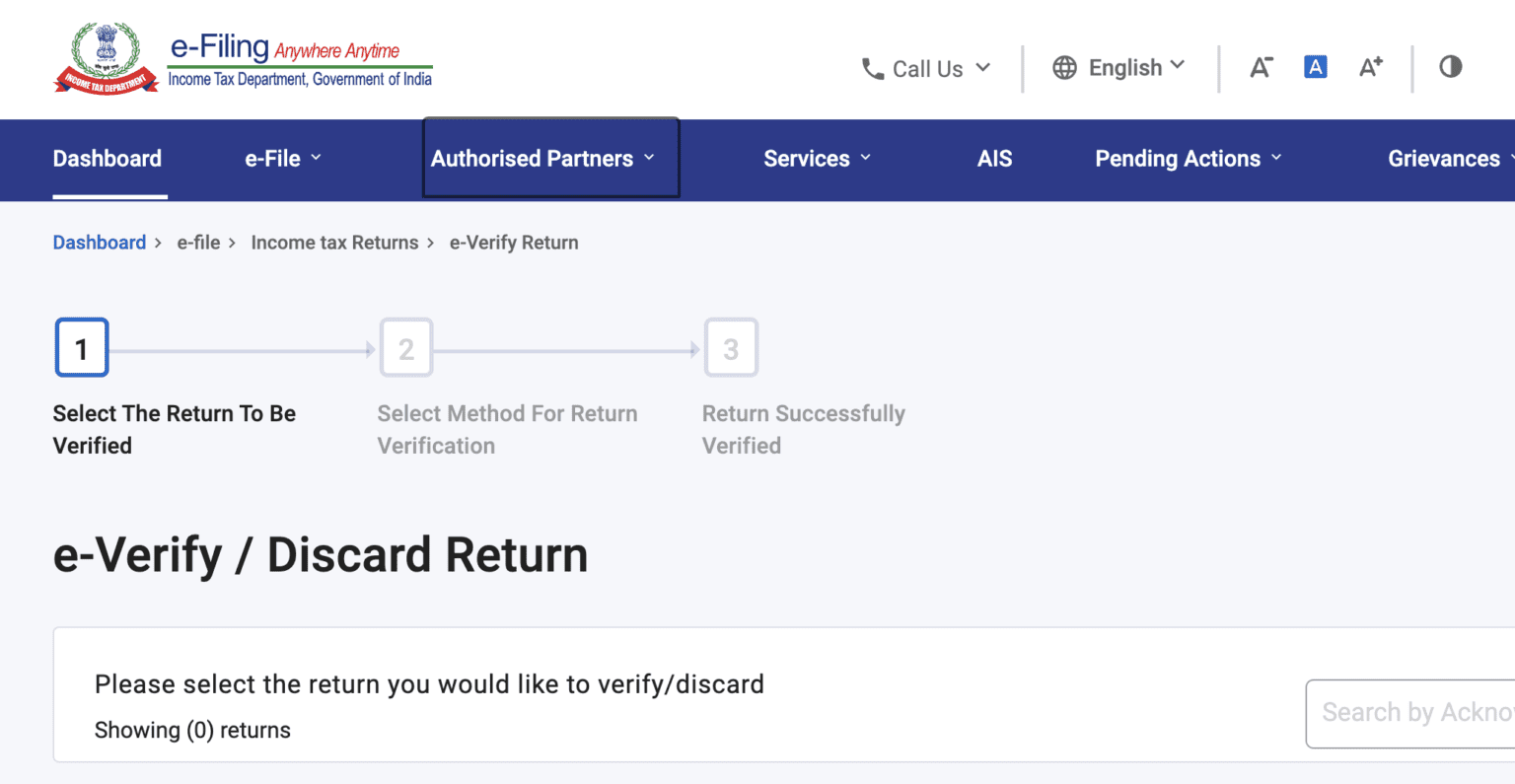According to Companies Act, 2013, All the companies whether public or private and whether having a share capital or not, are required to maintain proper books of accounts under the provisions of section 128 of the Companies Act, 2013 and get them audited as required under section 139 of companies act 2013.
As per the Companies Act 2013, the provisions and rules relating to the appointment of a statutory auditor of a company are defined follows:
- Eligibility: A Individual i.e practicing Chartered Accountant or a firm of chartered accountants can be appointed as the statutory auditor of a company. A Valid certificate of practice issued by the Institute of Chartered Accountants of India (ICAI) must be held by the Individual Auditor or the firm.
- Independence: The Statutory auditor must be independent and unbiased in carrying out their duties. They should not have any financial or other relationships that could impair their independence and objectivity.
- Rotation of Auditors: Companies are required to rotate their Statutory auditors to ensure independence & transparency to prevent any conflicts of interest. As per the Companies Act, the mandatory rotation of auditors applies to certain classes of companies based on their size, turnover, and other factors. The Act specifies the maximum tenure and cooling-off periods for auditors subject to rotation.
- First Auditor: The appointment of statutory auditor of the company is generally done by the Board of Directors within 30 days from the date of incorporation. If the Board fails to make the appointment within this period, the company’s shareholders must make the appointment within 90 days at an extraordinary general meeting (EGM).
- Subsequent Appointment: After the first auditor, The appointment of statutory auditor of the company is done by the members of the company in their annual general meeting (AGM). The appointment is valid until the conclusion of the next AGM.
- Auditor Remuneration: As per section 142 of the company act 2013 The remuneration of the auditor is fixed by the company’s Board of Directors. The remuneration must be ratified by the company’s shareholders in the general meeting.
- Casual Vacancy: If the casual vacancy occurs due to resignation, disqualification, or any other reason, the Board of Directors should make a fresh appointment of auditor within the period of 30 days. If the Board fails to do so, an extraordinary general meeting should be conducted, and the members will appoint the fresh auditor.
- Intimation to Registrar: Once the auditor is appointed, the company must file a form ADT-1 an intimation of such appointment with the Registrar of Companies within 15 days of the appointment.
- Removal of Auditor: An auditor can be removed before the expiration of their term only by a special resolution passed in a general meeting. The auditor must be given a prior notice for opportunity to be heard before the resolution is passed.
- Auditor Disqualification: As per the company act 2013 if an auditor becomes disqualified during their tenure, they must vacate the office and inform the company within 30 days of their actual disqualification so that company can fill the casual vacancy that occurred due to their disqualification.
Appointment of First Auditors of the Company
In Case of Companies except Government Companies
According to the Companies Act 2013, All the Companies except Government Companies must make appointment of the first auditor of a company within 30 days from the date of registration of the company. Here’s the process for appointing the first auditor:
In case of appointment by Board of Directors (BOD):
- Appointment in Board Meeting: The Board of Directors i.e BOD of the company must conduct a board meeting within the period of 30 days from the day of company’s incorporation.
- Selection of Auditor: In the board meeting, the directors will select an individual or a firm of chartered accountants as the company’s first auditor. The selected auditor must be eligible for appointment as per the criteria mentioned in Section 139 of the Companies Act 2013.
- Consent and Eligibility Certificate: The selected auditor must be approached to obtain their consent for appointment. They need to provide a certificate of eligibility confirming that they are eligible for appointment as per the provisions of Section 141 of the Companies Act 2013.
- Filing with Registrar: Once the consent and eligibility certificate are obtained from the statutory auditor, the company must file Form ADT-1 with the Registrar of Companies (RoC) within 15 days from the date of conducting the board meeting. This form contains details such as the auditor’s name, address, membership number, and consent.
- Intimation to Auditor: The company should also intimate the auditor about their appointment and provide them with a copy of the Form ADT-1 filed with the RoC.
- Tenure: First Auditor appointed by Board shall hold office till the conclusion of the first annual general meeting of the Company.
In case of Board fails to appoint First Auditor:
According to Companies Act 2013, the responsibility of appointing the first statutory auditor of a company lies with the Board of Directors. However, if the board of directors fails to make an appointment of the first statutory auditor within the period of 30 days from the date on which company incorporated, the shareholders of the company should appoint the first statutory auditor at an extraordinary general meeting (EGM) within 90 days from the date of company incorporation.
Process followed in case the Board of Directors fails to appoint the first auditor:
- Step 1: Hold an Extraordinary General Meeting (EGM): The shareholders of the company should conduct an EGM within 90 days from the date of company incorporation.
- Step 2: Pass a Special Resolution: At the EGM, the shareholders need to pass a special resolution to appoint the first auditor. A special resolution requires the affirmative vote of members holding not less than 75% of the voting rights.
- Step 3: Appointment of the First Auditor: Once the special resolution is passed, the first auditor should be appointed by the shareholders. The appointed auditor will hold office until the conclusion of the first annual general meeting (AGM) of the company.
Appointment of First Auditor in case of Government Companies
According to the Companies Act 2013 in India, in the case of government companies, the appointment of the first statutory auditor is handled differently compared to other types of companies. In case of the government companies, the C & AG appoints the first auditor of the company.
Here are the key points:
- Section 139(7) of the Companies Act 2013: As per the section under the company act 2013 in the case of a government company, the first auditor is appointed by the C&AG within 60 days from the date of the company’s incorporation.
- Intimation to the CAG: The Board of Directors of the government company must intimate the CAG about the incorporation of the company, including the details of the first auditor appointed by the Board. There is no need to file ADT-1 for appointment of first auditor.
- Auditor’s Consent: Once the C&AG receives the intimation, the appointed auditor must give his/her consent and a certificate stating that they are eligible for appointment as an auditor.
- Tenure and Remuneration: The first auditor appointed by the C&AG holds office until the conclusion of the first annual general meeting of the company. The remuneration of the first auditor is determined by the Board in consultation and recommendation with the CAG.
In case of Failure by CAG to appoint first auditor:
Appointment: As per section 139(7) of Company Act 2013 If C&AG did not appoint the first auditor within the period of 60 days from the day of company incorporation as per the Companies Act the Board of Directors i.e BOD of the company is required to appoint within the period of next 30 days when period of 60 days expires.
Tenure and Remuneration: The first auditor appointed by the BOD holds office until the conclusion of the first annual general meeting of the company. The remuneration of the first auditor is determined by the Board in consultation and recommendation with the CAG.
In case of Failure to appoint first auditor by CAG & Board of Directors i.e both:
As per Section 139(7) of Companies Act 2013, If the Comptroller and Auditor General (CAG) fails to appoint the first auditor as per the Companies Act within 60 days from the date of incorporation, the Board of Directors of the company is empowered to make the appointment with in next 30 days. And if Still the Board fails to appoint the first auditor then shareholders of the company have the authority to appoint the first auditor at an extraordinary general meeting (EGM) within the next 60 days. Who shall hold office until the conclusion of the first annual general meeting of the company.
Appointment of Statutory auditor in the first Annual General Meeting (AGM) of the company
In Case of Company other than Government Company:
Under Companies Act, 2013, Provisions relating to appointment of the statutory auditor in the first Annual General Meeting (AGM) of a company:
- Ratification or appointment of Statutory auditor at AGM: The rectification or appointment of the first statutory auditor can be done by the members of the company at the first Annual general meeting(AGM). If the appointment is not ratified, a new auditor should be appointed.
- Consent and Eligibility Certificate: The selected auditor must be approached to obtain their consent for appointment. They need to provide a certificate of eligibility confirming that they are eligible for appointment as per the provisions of Section 141 of the Companies Act 2013.
- Filing with Registrar: Company is required to file form ADT-1 with ROC with in the period of 15 days from the date on which the board meeting is conducted once the consent and eligibility certificate are obtained from the auditor.This form contains details such as the auditor’s name, address, membership number, and consent.
- Intimation to Auditor: The company should also intimate the auditor about their appointment and provide them with a copy of the Form ADT-1 filed with the RoC.
- Tenure: Auditor appointed at First AGM shall hold office till the conclusion of the Sixth AGM subject to the rectification of appointment at each AGM.
- Subsequent Appointments: From the conclusion of the first AGM onwards, subsequent auditors are appointed by the members of the company in the AGM. The appointment is for a term of five years, and the auditor holds office until the conclusion of the sixth AGM.
- Casual Vacancy: If the office of the auditor becomes vacant before the conclusion of AGM, the Board of Directors must appoint another auditor in their place within 30 days from such resignation , subject to ratification by the members at the AGM.
In Case of Government Company:
According to Companies Act 2013, Subsequent auditors of existing government companies, the Comptroller & Auditor General shall appoint the auditor within a period of 180 days from the commencement of the financial year and tenure for office of auditor shall be till the conclusion of the Annual General Meeting.
Here are the key steps involved:
- Appointment of statutory auditor at AGM: The company at the first annual general meeting is required to appoint an Auditor or Audit firm with recommendation from C & AG. who shall hold office till the conclusion of the next annual general meeting.
- Eligibility: The auditor must meet the eligibility criteria specified in Section 141 of the Companies Act, 2013. The criteria include qualifications, experience, and any disqualifications mentioned in the Act.
- Written Consent: The proposed subsequent auditor must provide written consent for their appointment, stating that they are not disqualified from being appointed as an auditor.
- Intimation to Registrar: The company is required to file form ADT-1 a notice of the subsequent auditor’s appointment with the Registrar of Companies (RoC) within 15 days of the Board resolution for the subsequent auditor’s appointment. This form contains information about the appointment of the auditor and their consent.
- Casual Vacancy: When a casual vacancy occurs due to the resignation, removal, or death of an auditor in a government company, the casual vacancy should be filed by the C&AG within the period of 30 days of such casual vacancy.
- Filing of Casual Vacancy by board in case of failure of appointment by C&AG: If C&AG fails to fill the casual vacancy that occurred due to resignation, death or other reason within the period of 30 days when casual vacancy occurred, the Board of Directors (BOD) shall fill the casual vacancy within the period of next 30 days on the recommendation of C&AG.
FAQ's
Under the Companies Act 2013, all the companies, except government companies, are required to appoint an statutory auditor within the period of 30 days from the date of incorporation.
An individual auditor or a firm of chartered accountants should have a valid certificate of practice issued by Institute of Chartered Accountants of India (ICAI) that can be appointed as an auditor of a company.
As per the Companies Act 2013, the tenure of an auditor's appointment is for a period of five consecutive years.
Yes, by completing the cooling period of five years, an auditor can be reappointed. This means that the same auditor cannot be reappointed immediately.
The removal of an auditor before the completion of the five-year term requires a special resolution passed by the shareholders of the company. The auditor should be given a reasonable opportunity to be heard and present their case before the resolution is passed.
Yes, there are certain disqualifications for the appointment of an auditor under the Companies Act 2013. That includes being an officer or employee of the company for which you are going to be auditor, being indebted to the company beyond a specified limit as prescribed under companies act 2013, or having any business relationship with the company which may affect the transparency and independence of an auditor.
The auditor has several obligations and duties to deliver in the companies, including conducting audits of the company's financial statements, expressing an opinion on the true and fair view of the financial statements, reporting on any fraud or irregularities, and complying with auditing standards and other relevant laws and regulations.
Yes, a company can change its auditor during the tenure of the appointment by following the procedure for removal and appointment of auditors as per the Companies Act 2013. The new auditor must meet the eligibility criteria and be appointed as per the prescribed procedure.











